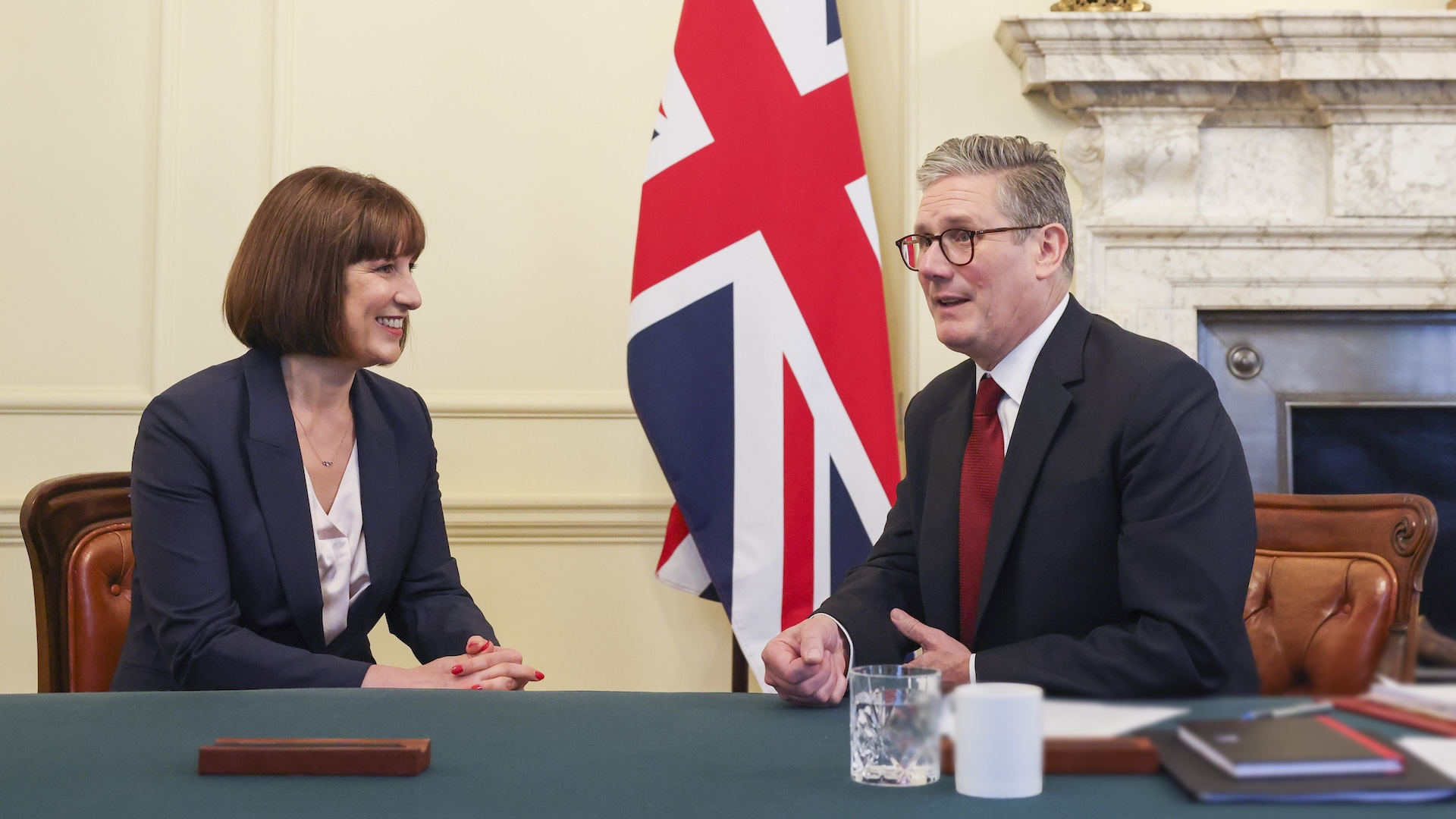There’s a fear among employers about what to do and how to do it, and a fear among employees not wanting to disclose what they’re going through. As a result, people go off sick and lose contact. All of that’s real, but it’s not going to be fixed by creating a more sophisticated absentee management system, which is essentially what the report recommends. It’s an entire culture change that is required, and that takes years to happen yet is barely touched on in the report.
But what really struck me was the power dynamic that they’ve put in place to tackle this. The report very much talks about this being a shared responsibility between employers, government and disabled people. Yet, when it talks about putting a plan in place to develop systems and processes that will help to manage it all, disabled people aren’t truly at the table.
Responsibility for developing and trialling systems over the next three years will sit with co-chairs that represent businesses, the Department of Work and Pensions, the Department for Business and Trade, and the wider government. Disabled people, the third party with equal responsibility, according to the report, are to be merely consulted with.
My concern goes beyond ensuring disabled people’s rights are advocated for in the solutions. It’s about recognising that disabled people have expertise of equal value that is just as crucial to the process. Why waste more time asking more non-disabled people to conjure up solutions that we’ve already tried and tested?
No matter how many focus groups you hold with disabled people, you won’t get the depth of expertise needed to get into the heart of the analysis or reform workplaces to be more inclusive. We have decades of experience of what works in the workplace across multiple industries and hundreds of types of disability, impairment and illness. Centre them in the solutions.
And then there’s the whole fit-note system. The Doctors’ Association has already raised concerns on other government suggestions, particularly around work advisers going into GP surgeries.
The devil is in the details. This report is a pathway, a direction of change and all the details come in later. But when you’ve got a dynamic where disabled people aren’t at the table to shape that change, only being consulted, it speaks volumes.
It’s already limiting its potential to make real lasting change. The vanguard group must have a representative from the disabled community to bring solutions to the table. We have that knowledge and expertise. We’ve been named in the report as having equal responsibility, so let us have an equal role in providing the solutions.
Claire Fisher is disability rights advocate at Inclusion Barnet, a dynamic peer-led disability organisation based in North London with a national reach through its Campaign for Disability Justice, ofwhich Fisher is head of strategic communications.
Do you have a story to tell or opinions to share about this? Get in touch and tell us more.
Change a vendor’s life this Christmas.
Buy from your local Big Issue vendor every week – or support online with a vendor support kit or a subscription – and help people work their way out of poverty with dignity.









